The authors creating feminist heroes for a post #MeToo world
Just telling men to behave nicely doesn’t seem to have worked too well over the years... so a trio of authors has created a new breed of literary hero: hard women who punch back. Andy Martin talks to their creators

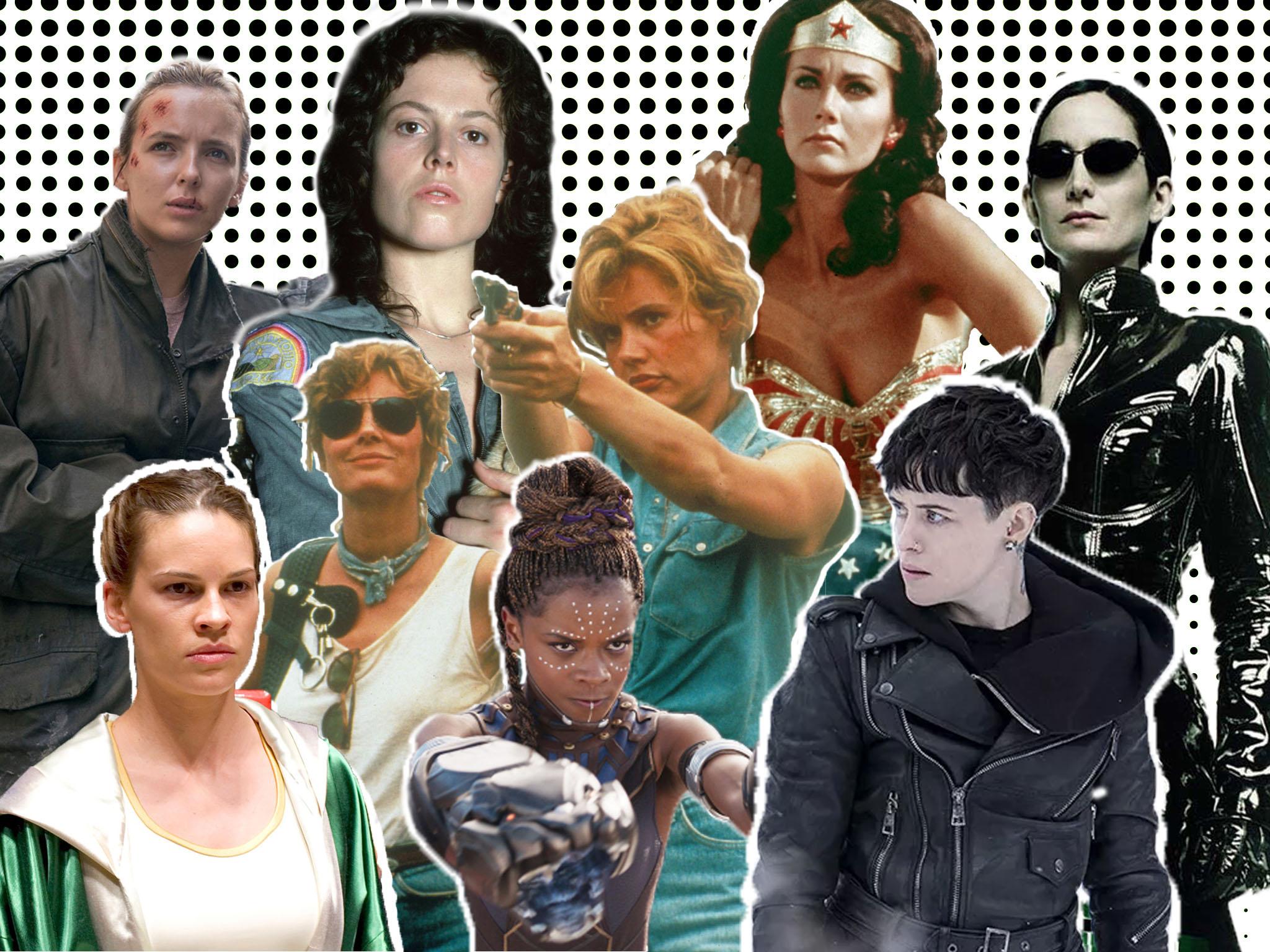
Here is a brutal biological fact, the fruit of some evolutionary asymmetry: statistically speaking, men are bigger, heavier, and more muscular than women. They can run faster and they hit harder. So there is a crucial question in the post-#MeToo era that is yet to be properly answered: Can a woman fight back against a man and win? And the “fighting back” here is completely non-metaphorical. In a straight physical encounter between a man and a woman, can the woman ever hope to come out on top? The whole history of patriarchy is predicated on the assumption that the answer is no. There is a vast tradition of sexual violence that says, no way! But there are strong voices out there that say otherwise.
With the domestic abuse bill going through Parliament, and “coercive control” now officially illegal, it feels like more than ever the right time for a new generation of hardcore female role models who aren’t just going to lie down or take it on the chin or turn the cheek any more. Think of Big Little Lies: wouldn’t it have been better for all concerned if Celeste had seriously kicked Perry’s arse for him? Broken his jaw or given him a black eye? And maybe Jane could have fought him off – or tasered him – instead of getting raped?
She looks right into his mad eyes and manages to get off a punch with the heel of her hand that shatters his nose and drives the bone straight into the frontal lobe of his brain. He’s dead before he hits the floor
“You’re a woman,” snarls the serial murderer and rapist. “Women are weak, stupid, vain… I showed them who was in control… You think you’re equal to a man, but you never will be… You’ll scream and you’ll beg me to stop just like all the rest.”
“I wouldn’t bet on it,” retorts Charlie Fox.
They fight, but the guy is crushing her with his sheer body weight. She has one broken arm and he has a knife to her throat. But she looks right into his mad eyes and manages to get off a punch with the heel of her hand that shatters his nose and drives the bone straight into the frontal lobe of his brain. He’s dead before he hits the floor, although there is a certain amount of posthumous twitching.
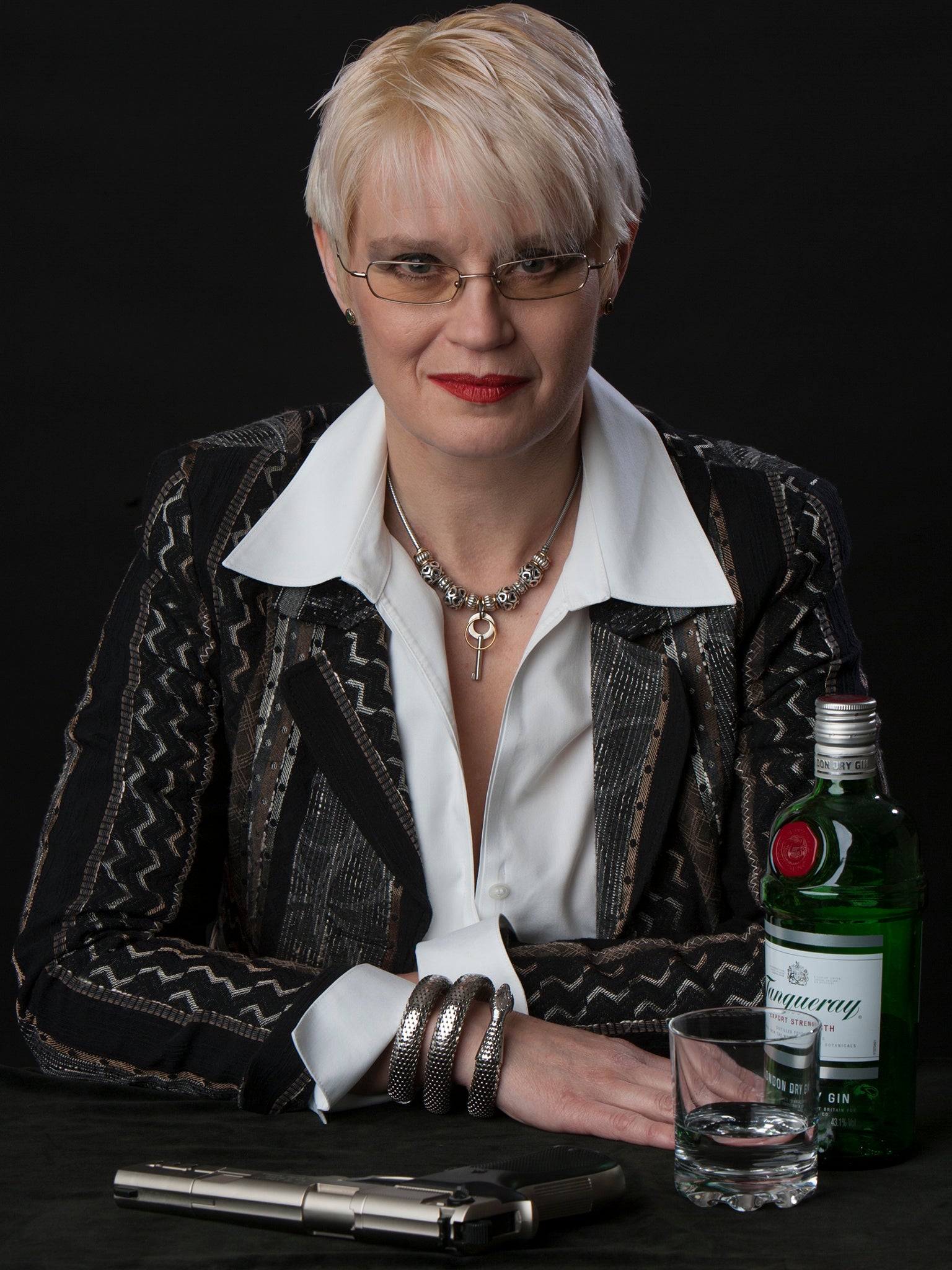
I am quoting from the no-holds-barred climax of Zoe Sharp’s traiblazing debut thriller, Killer Instinct (2001). In the epilogue, Charlie Fox, her damaged but resilient and resourceful hero, concludes that she has proved her attacker wrong: “Given a straight fight between a man and a woman, neither with any particular advantage and skill over the other, it isn’t a foregone conclusion that the man will always win.” She considers that she might have said to her adversary, “I told you so.”
The writer herself is a firm believer that a woman can and should fight back against men. Having dropped out of school at 12 and written her first (unpublished) novel aged 15, she was working as a photo-journalist for the motor industry around the same time that Suzy Lamplugh disappeared.
Sharp was given a job to go and shoot a collection of classic cars somewhere in Bristol. When she got there, there were no cars. Only a guy ogling her. By chance, she had a partner with her. They left, but not without her wondering, what would have happened if she’d been on her own, as she generally was. Exactly what happened to Suzy Lamplugh, she assumed.
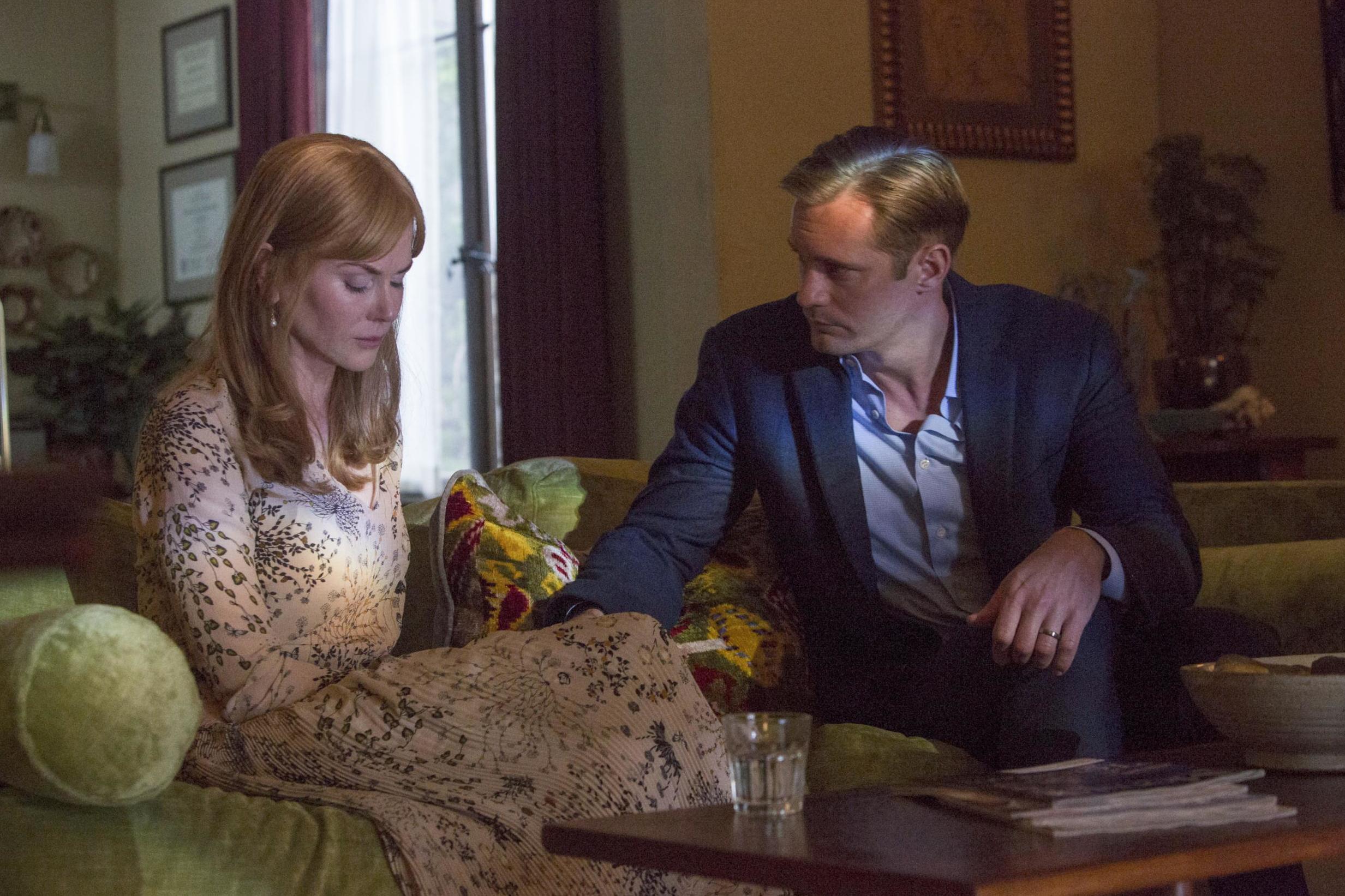
So she learned to fight. “Your best form of self-defence is always to run and keep running,” she says. “But I’m a crap runner.” When the death threats started arriving in the post, she took lessons in self-defence from a specialist in unarmed combat. “I get a lot of people writing to me to say that it’s idiotic to think a woman can handle a hunky guy. But you have to do whatever it takes.” She can break a man’s arm using just one finger.
Her hero (it’s impossible to say “heroine” any more, which suggests damsels in distress having to be rescued by tall, dark silent types) was raped by four of her “comrades” while serving in the army. You get the feeling she is never going to let that happen again. In her latest outing (14th in the series), Bad Turn, published at the end of September, Charlie finds herself driving on a lovely sunny day through the idyllic New Jersey countryside when all hell breaks loose. She can cope.
Zoe Sharp now teaches self-defence and mentors other writers too. Steph Broadribb used to skype her to get demonstrations on how to hit someone. Then she went one step further by going to California to train as a bounty hunter.
Here are a couple of my favourite moments from her last novel, Deep Dirty Truth, in which her all-American bounty hunter hero, Lori Anderson, is getting the better of some really quite annoying guys:
“He jerks away from me, although that’s due to the Taser rather than him suddenly getting a conscience. I keep firing, letting the volts pulse through his convulsing body until he’s peed himself and is crying to his momma for it to stop.”
Or this: “Lifting my heeled pump, I stamp down hard. The spike heel stabs into the side of Rat-face’s head. Blood and a few teeth spray out of his mouth, and he goes down again. Doesn’t move. Good.”
Lifting my heeled pump, I stamp down hard. The spike heel stabs into the side of Rat-face’s head. Blood and a few teeth spray out of his mouth, and he goes down again. Doesn’t move. Good
The author says of her hero: “She’s not especially aggressive, except for a bit of killing.” In her next adventure, Deep Dark Night, published in the New Year, backed up by her on-off partner JT, Lori has to take on the Chicago mob. Broadribb is an experienced horsewoman – she was once a keen event rider – and still keeps horses. And there is something of the Wild West cowboy, a dash of Shane, in her attitude.
She is perfectly friendly unless you cross her. She has had to put up with her share of bad guys: one boyfriend tried to kill her – twice. She married when she was 32, but split from her husband after 18 months. “I don’t take well to anyone trying to control me,” she says. “I didn’t like to be tied down.” In her first outing, Deep Down Dead, her protagonist has to shoot her would-be wife-beating husband dead, emptying her gun into him. Take that!
Broadribb insists on doing the research. She kayaked through the Everglades before Lori tangles with alligators (who are given at least one bad guy to snack on). She can handle a taser and a gun, although she doesn’t use either that often in rural Buckinghamshire, where she also writes as Stephanie Marland (latest, You Die Next) and is a writing coach at www.crimefictioncoach.com.
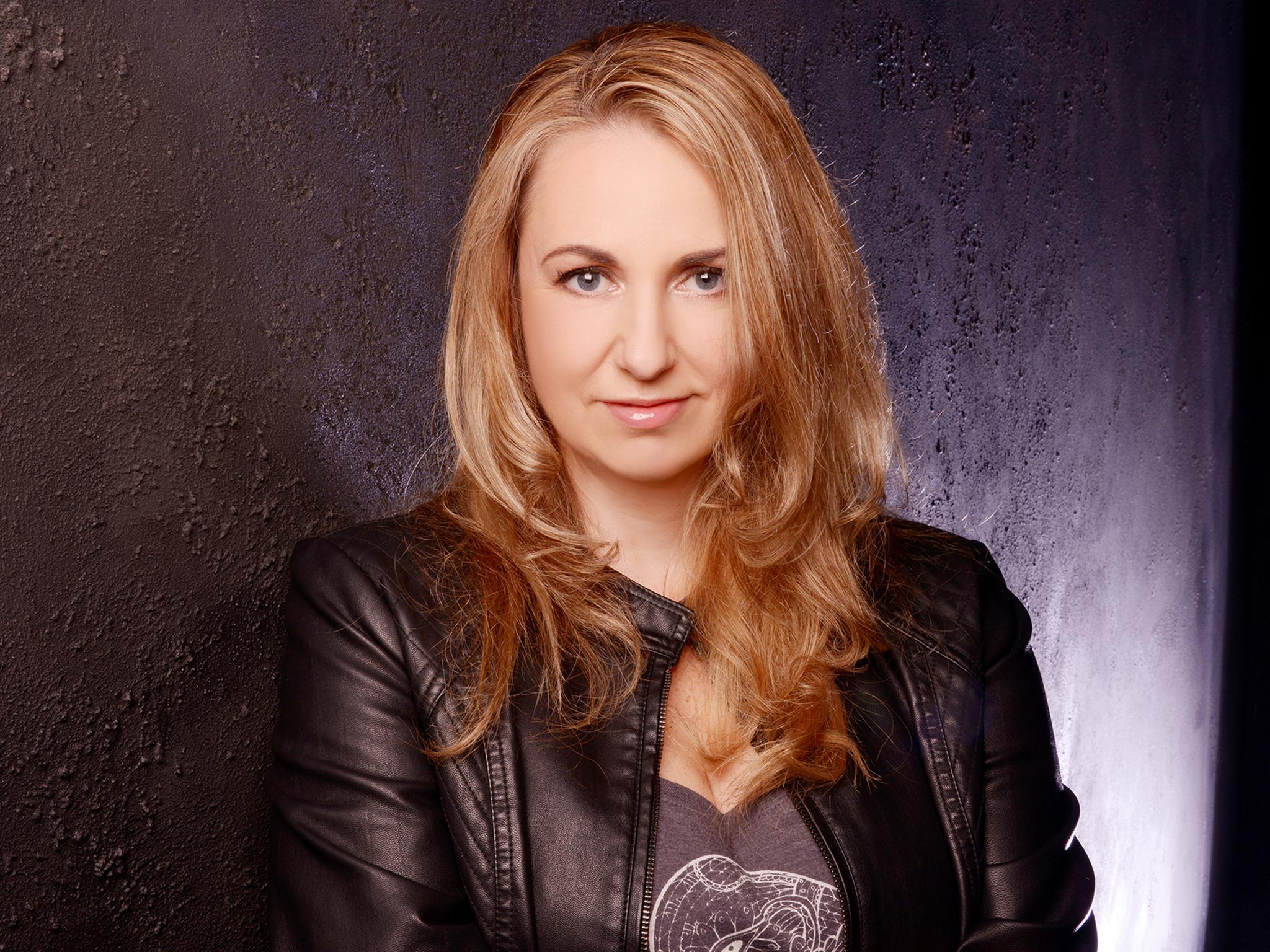
The character of Lori Anderson won the Dead Good Reader Award for Fearless Female Character. But neither Charlie Fox nor Lori Anderson are superheroes, Marvel-style. Neither Charlie Fox nor Lori Anderson are superheroes, Marvel-style. They start out normal but are forced to acquire skills. They’re not Wonder Woman, they’re not invulnerable, but they are persistent and they really hate to be beaten. I am not advocating the use of lethal force, or suggesting anyone should initiate violence, but it seems obvious to me that all girls should be offered training in martial arts (rather than, say, netball).
Just telling men to behave nicely doesn’t seem to have worked too well over the ages. Then they wouldn’t need brawny dudes like Liam Neeson in Taken to go about rescuing them (in fact, why doesn’t Neeson’s ex-CIA enforcer character at least teach his errant daughter the rudiments of self-defence? It might have saved her – and him – a load of trouble.)
To be honest, I’m sick of guys, even though I am one. I am increasingly disenchanted with male heroes too. As a general rule, they are the problem rather than the solution. I think they could all do with a taste of their own medicine. And I know for a fact (being one of the club) that men have a lot of weak spots. Sandra Bullock summarised it well in Miss Congeniality: SING – Solar plexus, Instep, Nose, Groin. It’s something football coaches of old used to say (I hope they’re not saying it any more): the bigger they are, the harder they fall.
To turn around an over-used phrase: a lot of them are asking for it. And now there is a new kid on the block, the love-child of Jack Reacher and Lisbeth Salander, who is going to give it to them. In the opening scene of Winter Dark, Alex Callister’s debut novel and 2019 “Thriller of the Year” on Audible, her then 17-year old hero, Winter, equipped with dreadlocks, nose-ring and bubblegum, already has her left arm in plaster (after snowboarding at night). She is seated, being interrogated and then tormented by a guy called Erik from the security services. He recovers consciousness a few minutes later. She has whacked him around the head with her plastercast. Ten years later she has become a fully-fledged agent herself, defending the world against “Firestorm”, an online hitman-for-hire service.
In her new Winter Rising, just published this month, she is up against the Guardsman, who is no average assassin but more of a monster straight out of gothic horror. “The Guardsman turned to look at the picture of Winter. How the Guardsman would love to have her, right now, chained to the floor in the cellar, instead of some trainee.” In this world, sadistic sexual violence is the norm. One of her female characters, the Marquise, is actually based on the Marquis de Sade. The problem, for female action heroes, is always going to come down to this: can I take him or can he take me?
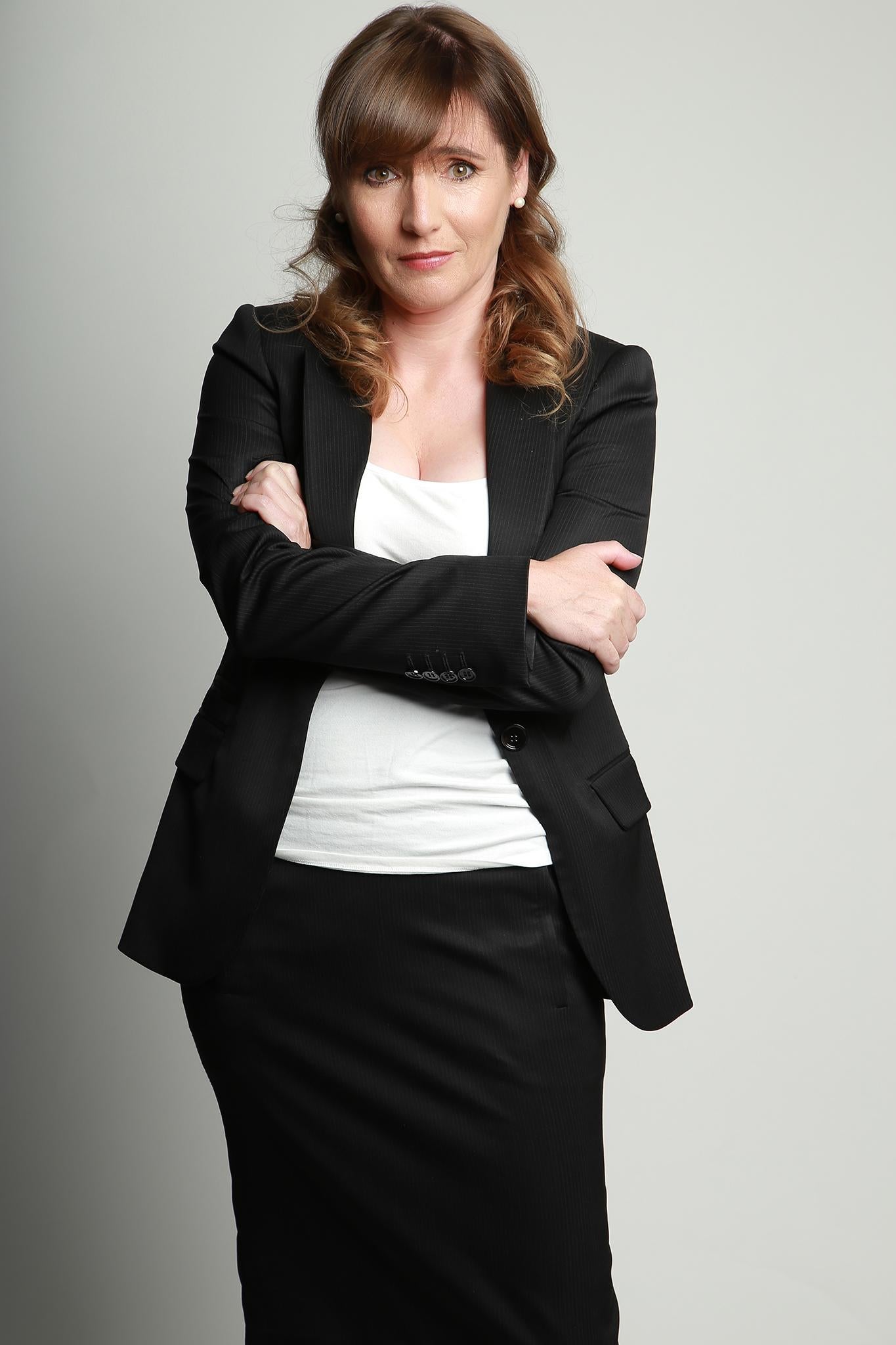
Winter is far more of a fantasy figure than either Charlie Fox or Lori Anderson. Callister abhors “gritty realism” and pays homage to Hollywood (notably Vin Diesel and Keanu Reeves) as much as literary precursors. There are elements of fairytale too (Winter adopts the nom de guerre of “Snow White”). But, all the same, her protagonist is a natural feminist: “Why is it always about defeat and submission with men? It is not about being defeated. It is about being equalled. A mental and physical equal.”
Winter lays claims to complete sexual freedom. She can out-punch Bourne and out-pull Bond. The opening words of Winter Dark are “sexually omnivorous” (the young Winter’s written self-description). In a memorable sentence in Winter Rising, she says to a man who is starting to make overly-possessive noises: “I will fuck the whole Marseille police department if I feel like it.”
Callister studied history at Oxford, where she became president of the union. Her experience as a City analyst of tech companies has alerted her to the dark side of the information revolution. “The internet has facilitated the maximum realisation of human nature,” she says. And she is not talking about random acts of kindness or a fondness for cat videos. “If you want to do weird stuff, no matter how extreme, then the internet can connect you to someone in New Zealand who wants it too. These are people who should never meet. Now they can.”
Why is it always about defeat and submission with men? It is not about being defeated. It is about being equalled. A mental and physical equal
Her novels are dystopian adventures in the surveillance society, featuring what she calls “toxic femininity”. So toxic that a lot of publishers were scared of it and it took Audible to be brave enough. It’s probably the most direct riposte to Harvey Weinstein yet. Alex Callister practises kick boxing every week. “I like to punch people,” she says. And she has a full-size punchbag hanging from the ceiling in her kitchen. It’s obvious she is never going to be content with just doing the cooking.
There was a case in 2015 of a woman in Cheltenham incapacitating her would-be rapist with a choke hold. These tough girl thrillers are inspired by real women but they also inspire. Zoe Sharp in particular hopes that there is a practical pay-off for her readers in terms of increasing their awareness of threat.
She always takes simple precautions, such as standing with her back to a building if she wants to get out her phone, not doing it on the move. She insists on peripheral awareness: “One of the most important elements of self-defence is to be aware of your surroundings and to move confidently. Not taking on the appearance, actions or behaviour of a victim. Every move I’ve given to Charlie I know would work for someone of her stature against a larger, heavier, stronger opponent.”
All three of these female heroes. Charlie Fox, Lori Anderson, and Winter, are independent, solo operators. Like their creators. They all assert their right to independence. None of them likes to have guys telling them what to do. Or pushing them around. When Winter’s lover says to her: “You are mine,” and demands that she say it, her response is unequivocal: “Fuck you.”
I like that. I might as well admit it: I have a soft spot for hard women. I don’t want them to dominate me. I just appreciate that they are now right up there with the male heroes of old. You can say what you like about this new breed of women-who-fight-back. They don’t care. Except for one thing. Zoe Sharp told me her number one rule. “Just don’t use the word feisty.” I promise never to use the word feisty again. Ever. Otherwise I’ll have Charlie Fox coming after me.
Andy Martin is the author of ‘With Child: Lee Child and the Readers of Jack Reacher’
Join our commenting forum
Join thought-provoking conversations, follow other Independent readers and see their replies
Comments